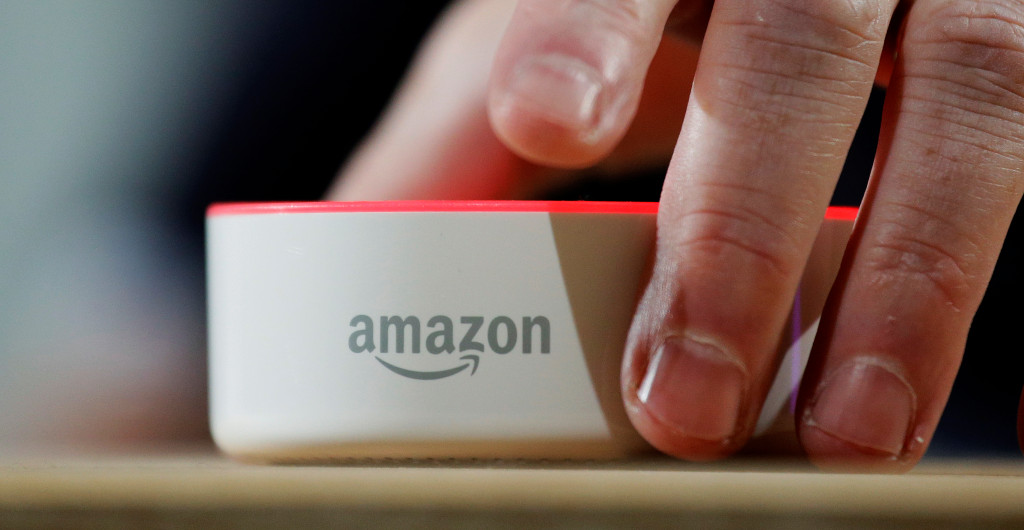Amazon’s Echo devices, known as Alexa to the multitude of people who constantly boss the voice assistant around, delete recordings upon users’ requests — but there are caveats.
In a written response to Sen. Chris Coons, D-Delaware, Amazon laid out its policies for deleting transcripts and recordings of users’ interactions with Alexa. This week, Coons made public Amazon’s response, dated June 28, to questions he asked in late May about data-retention policies.
Amazon retains voice recordings and transcripts indefinitely, “until the customer chooses to delete them,” said the letter, signed by Brian Huseman, vice president for public policy. Also, users can review, listen to and delete voice recordings by going to Voice History in the Alexa app and on the web at the Alexa Privacy Hub, www.amazon.com/alexaprivacy.
The company said that while it deletes transcripts upon request, it might choose to hang onto certain information collected from user interactions with the devices.
“We may still retain other records of customers’ Alexa interactions, including records of actions Alexa took in response to the customer’s request,” Huseman said in the letter. “And when a customer interacts with an Alexa skill, that skill developer may also retain records of the interaction.” He cited some examples of records that the company retains: users ordering an Uber or a Lyft, or a pizza from Domino’s, or placing an Amazon Fresh order. In addition, he said Amazon would save information related to setting alarms or events on a calendar, which it needs for its features to work correctly.
“Amazon’s response leaves open the possibility that transcripts of user voice interactions with Alexa are not deleted from all of Amazon’s servers, even after a user has deleted a recording of his or her voice,” Coons said in a statement on his website. “What’s more, the extent to which this data is shared with third parties, and how those third parties use and control that information, is still unclear.”
A California lawmaker who wrote a bill called the Anti-Eavesdropping Act agrees with Coons.
“I share the Senator’s concerns,” said State Assemblyman Jordan Cunningham, R-San Luis Obispo, in response to this news organization Wednesday. “Now, more than ever, we need consumer protections like AB 1395 to rebuild that trust and ensure privacy in the home… Smart speaker manufactures, like Amazon, should have to obtain a consumer’s consent before the company retains recordings and transcripts in perpetuity.”
The California bill would let Amazon, Google, Apple and other makers of smart speakers store recordings only when consumers give their permission in writing. It has passed the state Assembly and is making its way through committees in the Senate.
Coons, who sent his questions to Amazon in May after reports of thousands of Amazon workers listening to what users tell Alexa and accessing users’ home addresses, linked to the company’s full response letter from his website, https://www.coons.senate.gov.










